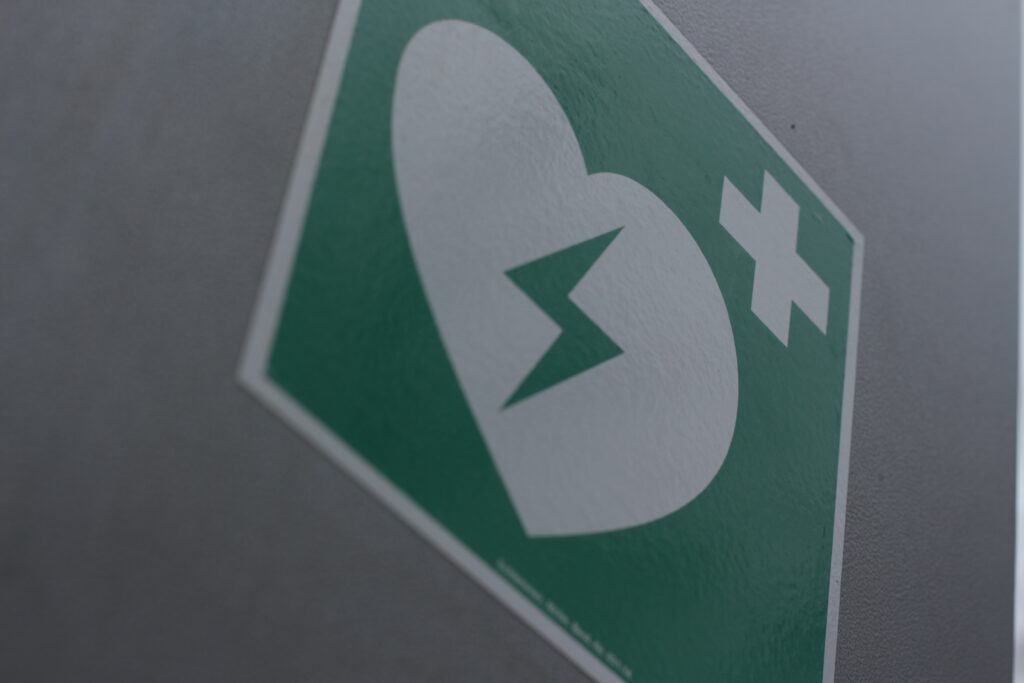A heart attack can leave anyone helpless and helpless. However, if you and the people around you already know some first aid, you can save a precious life. A heart attack can occur suddenly due to a lack of blood or pressure on the heart. Prompt action will give the best chance of ease of treatment. Here’s how to prevent or help someone having a heart attack.
Know the symptoms of Heart Attack:
Dr. Grant Reid, an international cardiologist, and director of the Cleveland Clinic program, say, “The No. 1 indicator of how well you’re going to do after a heart attack is how well you manage your symptoms. How fast do you recognize it.” In addition to chest pain/discomfort/pressure symptoms, heart attacks can manifest differently in men, women, and people with certain pre-existing health conditions, such as diabetes. These include indigestion or nausea, extreme fatigue, shortness of breath, and feeling weak.
Call an ambulance, no matter what:
Doctors advise that if you experience any of the above symptoms, even if you are not sure it is a heart attack, you should call an ambulance immediately. Dr. Grant Reed adds that many patients ignore their symptoms, so their heart muscle is already dead when they arrive at the hospital. There is a specific time frame for when you start having a heart attack and how quickly doctors can open a blocked coronary artery. The sooner the patient reaches the hospital, the better the outcome.

Take aspirin right away:
If you have symptoms of a heart attack and have access to aspirin, cardiologists recommend taking the full dose of 325 mg after calling an ambulance. If your child has aspirin, which comes in an 81-milligram dose, take four of them. Taking aspirin can help break up some of the blood clots that form inside your arteries, which block blood flow in the artery during a heart attack. Doctors also recommend chewing it instead of swallowing it, so it gets into your system faster.
Do not take yourself or others to the hospital:
If you think you have a heart attack, call an ambulance immediately rather than taking yourself to the hospital. You can lose consciousness and hurt yourself or others on the road, so it is better not to drive. If someone near you has a heart attack, it is better to call an ambulance than to drive yourself because you may not be able to help the patient if their symptoms worsen on the way. Also, in a panic, you may neglect to drive properly and risk an accident. Ambulances are also helpful in that the paramedics in the ambulance can provide the best and fastest care on the way to the hospital.
If the person is unconscious, start CPR:
If the person in cardiac arrest is not breathing or you cannot find a pulse, start CPR to keep the blood flowing. Make sure you call for emergency medical help first and then start CPR. Hands-only CPR requires you to apply firm pressure to the center of the person’s chest in a fairly rapid rhythm. About 100 to 120 compressions per minute. Until the paramedics arrive.
Note:
The ideas expressed in this article should not be considered a substitute for medical advice. Please consult your treating physician for more details.